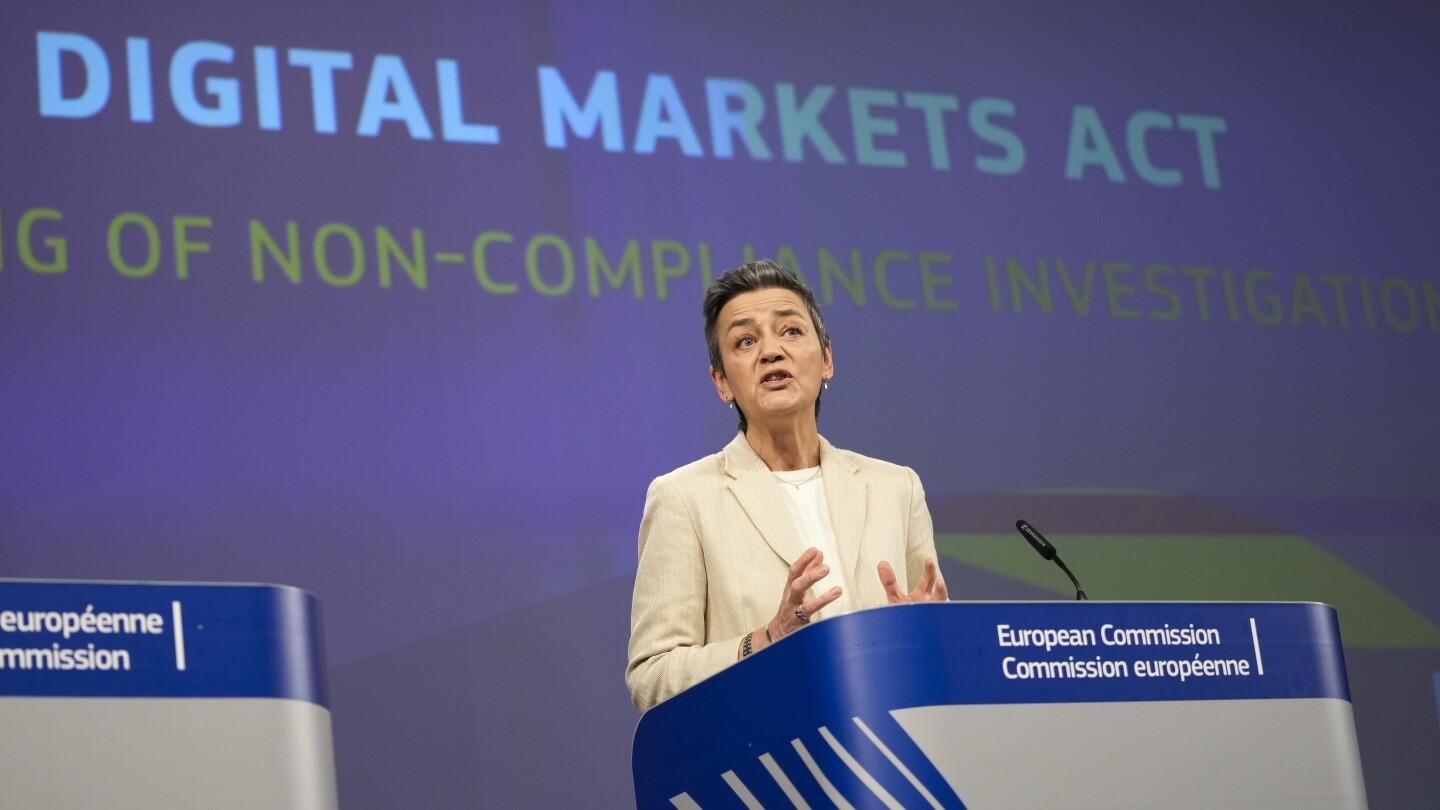
Digital rights advocates and former European leaders have called out the European Commission for insufficient oversight of tech giants Apple and Google, highlighting ongoing concerns about monopolistic practices in the digital sphere.
In an open letter released on January 16th, four prominent digital rights organizations criticized the Commission's proposed measures regarding Apple's interoperability requirements under the Digital Markets Act (DMA). The groups, including Free Software Foundation Europe and European Digital Rights, argued that Apple's current process for handling third-party integration requests remains unnecessarily complex and restrictive.
The advocacy groups demanded several key changes, including requiring Apple to embrace "interoperability by design" rather than its current reactive approach. They also called for removing arbitrary non-disclosure agreements and implementing a standardized, transparent process for developers seeking integration with Apple's systems.
In a separate development, Club de Madrid, comprising 18 former European heads of state, urged stronger action against Google's dominance in digital advertising. In their January 17th letter, the leaders emphasized that Google's control over multiple crucial components of the advertising technology infrastructure poses risks to European democracy and media independence.
The former leaders specifically highlighted Google's ownership of four major advertising platforms - Google Ads, DV360, AdX, and DoubleClick For Publishers - comparing this level of market control to "as if Goldman or Citibank owned the New York Stock Exchange."
Apple has defended its position by citing privacy and security concerns, particularly regarding data access requests from companies like Meta. However, Meta's Communications Director Andy Stone countered these claims, stating that Apple's privacy arguments "have no basis in reality."
Google, facing pressure for potential forced divestiture of its ad tech business, maintained its disagreement with the Commission's stance while stating its commitment to "creating value for publishers and advertisers."
The criticism comes amid broader concerns about Europe's technological competitiveness, with only four European companies currently ranking among the world's top 50 tech firms. Both letters underscore growing calls for more robust enforcement of existing regulations and structural reforms to promote fair competition in the digital marketplace.